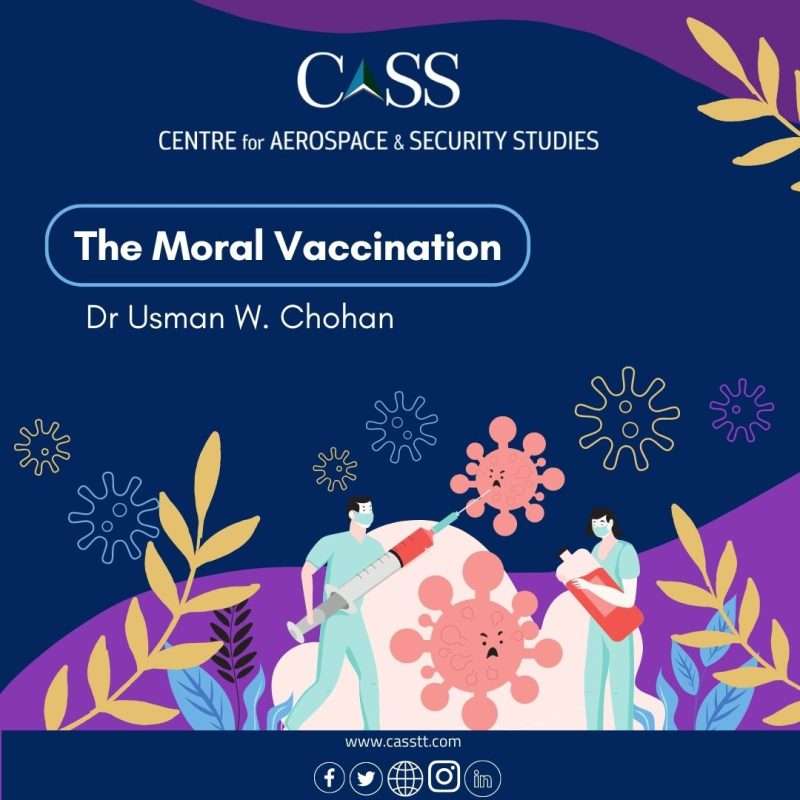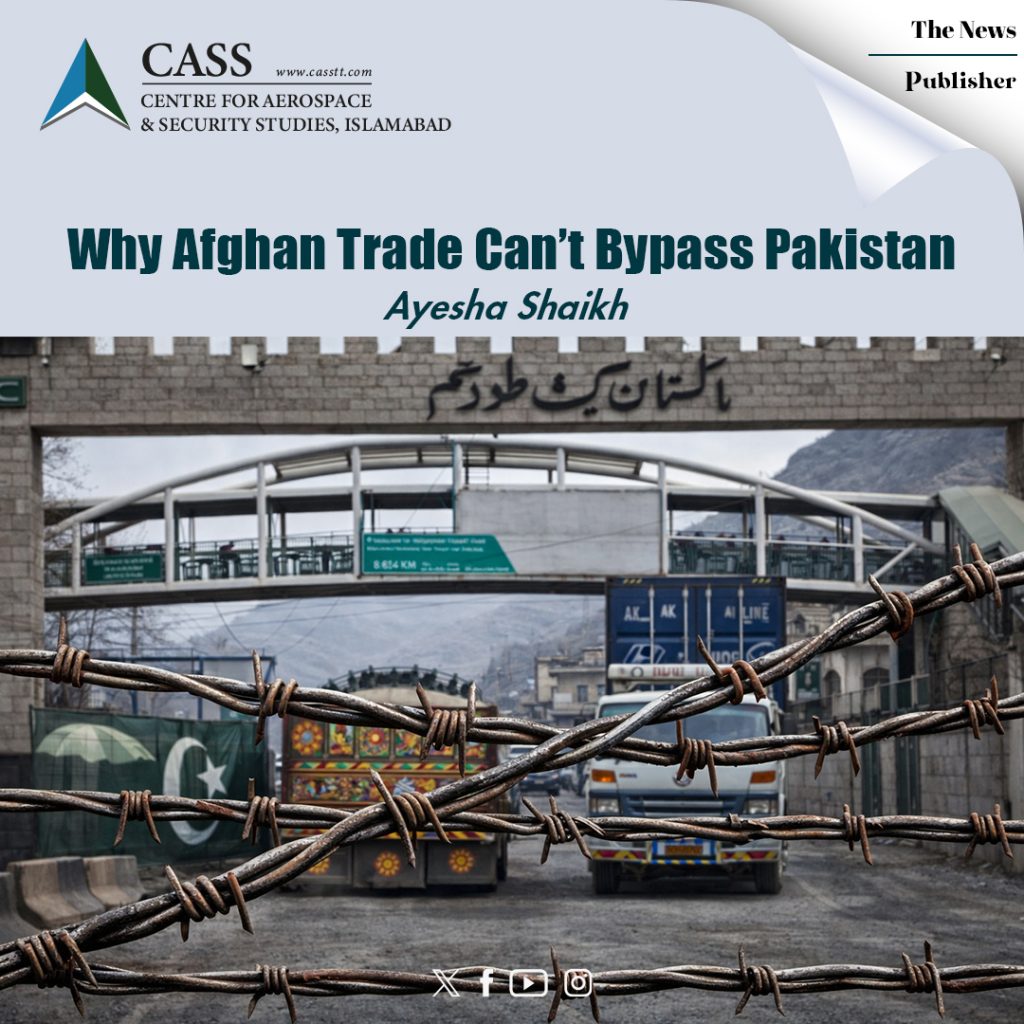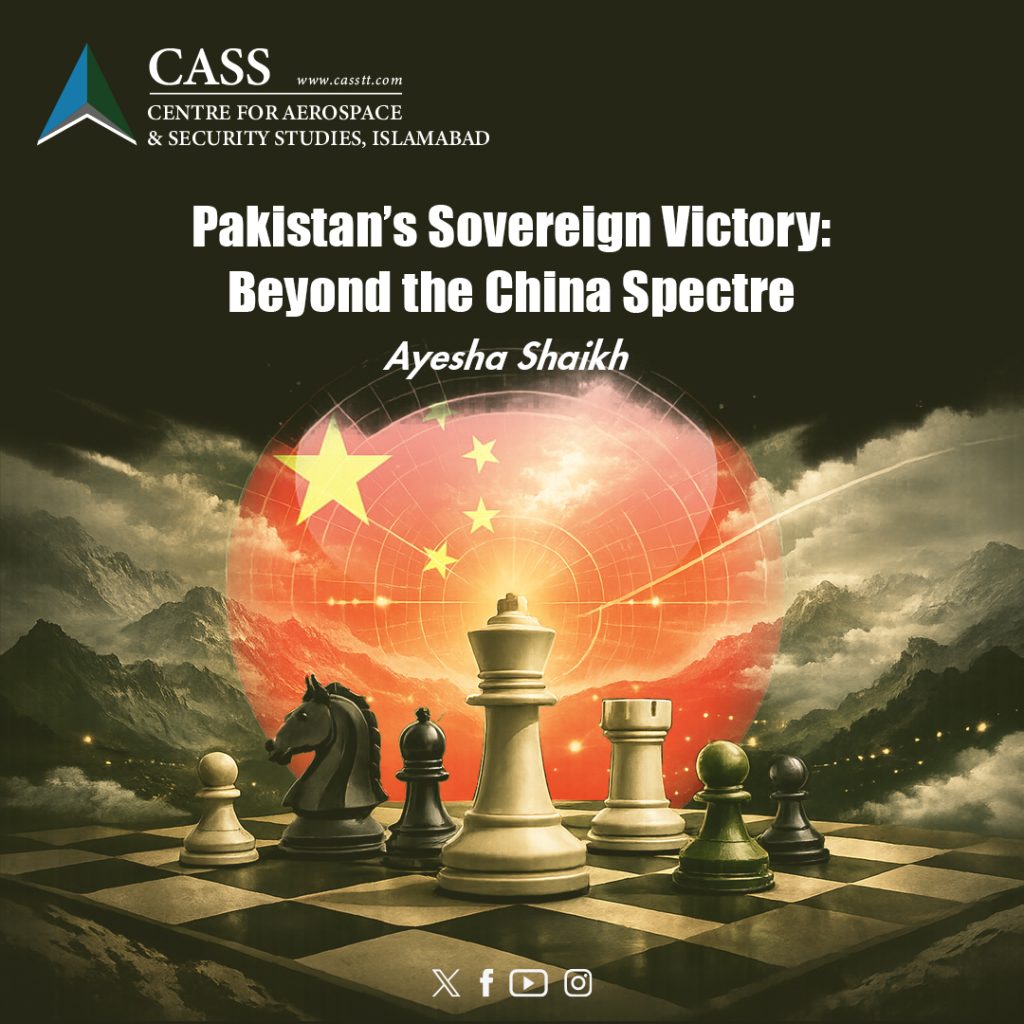In 2020, the world waited with bated breath as pharma companies around the world raced to arrive at a workable, safe, and efficient vaccine against the coronavirus (Covid-19). By December, 2020, good news was coming in from various companies including BioNTech (Pfizer), Moderna, Sinopharm, and Gamaleya. By January, 2021 almost 300 vaccines were being tracked by the London School of Hygiene as going through various stages of development. As of this week, more than 35 million doses have been administered in 49 countries.
Seeing such increasing rates of inoculation around the world, as well as a growing number of available vaccines, has made many in Pakistan wonder when they will be able to get their requisite dosages. For all of Pakistan’s success during the early stages of the pandemic, thanks to structural factors as well as important policy decisions, it appears that the country does not possess a comprehensive approach to the inoculation phase that is currently underway. Part of this problem is attributable to the external front, which has laid bare the deplorable features of cutthroat capitalism and wretched vaccine nationalism. Yet part of the problem is also attributable to our internal shortcomings, and these too require attention.
On the external front, vaccine nationalism has proven to be a truly despicable feature of the current international order, as so-called “developed” countries continue to hoard the global supply of vaccine doses well in excess of their requirements. They are also creating agreements with big pharma to set aside dosages at prices that are prohibitive for the world’s masses. According to data gathered thus far from eight promising vaccines in phase-3 development that have done deals with governments, 53% of doses have been bought up by “developed” countries, even though they represent a paltry 14% of the world’s population.
At the same time, governments are now pushing through vaccines whose effectiveness leaves much to be desired. Sinopharm vaccination results in Brazil show a closer to 50% effectiveness rate, far less than was touted earlier. Meanwhile, Bharat Biotech is being egged on by the Modi government to push out vaccines despite inadequate testing and phase-3 data. In a militant and illiterate society such as India’s, the “rule by spectacle” of the Modi government means that weak science is tolerable but dents to nationalist fervor are not, especially since India has fared so poorly in the pandemic.
Cutthroat capitalism has also reared its ugly head, as big pharma is not willing to relinquish dosages at affordable prices, and hides behind the fictive banner of “intellectual property” to justify profiteering from the hardship of the world-population. At a time when billions of people have spent a year in quarantine, with their freedom of movement restricted, their ability to work curtailed, and many of their civil rights suppressed (e.g. freedom of assembly), how is it that “intellectual property” has remained so sacrosanct? When the unique circumstances of the pandemic have led to dramatic shifts in social structures, why have we allowed “intellectual property” to remain so unassailable, except insofar as this cements wealth- and power-structures while keeping entire societies at biological gunpoint?
Capitalism’s role in the genesis of this virus’ rampage has been kept moot. Scientists knew two decades ago that infectious respiratory illnesses would surely represent a major threat to the global population, as SARS and MERS had already shown through high rates of infection and easy transmission. Yet big pharma did not explore the right vaccines because SARS & MERS faded too quickly for research & development to be “profitable” enough. The subtext is that “profit” would only come when billions of people needed the virus, urgently and desperately, and millions of deaths would occur – as they indeed have.
In a more sensible world-system, the appropriate inoculation doses would have been well-understood, researched, and deployable in anticipation of such an outbreak, and at the early stages to prevent the consequences that have now befallen us. Because of these dismal reflections of modern society, some organizations such as the People’s Vaccine Alliance fear that nearly 70 lower-income countries will only be able to vaccinate up to 10% of their populations, leaving the masses to be hurled against the tides of biological vengeance. The supposed ray of hope in this effort, Covax, has managed to secure 700 million doses of vaccines that are to be distributed between 92 lower-income countries that have signed up, including Pakistan. But these dosages are not nearly enough to cover the international requirements.
This is where the internal shortcomings of our society are once again laid bare. The government cannot openly outbid other countries in part because it lacks the financial resources to compete. Yet this is to a considerable extent the product of a society where only 1% of those who should be paying taxes actually do so. 99% of our population, if asked, will feel entitled to a vaccine (as indeed they should), but ask them if they have played their part by paying their taxes to pool the resources of the nation, and the blank stare you will see on their faces is akin to a moral vaccination.
Even as these external and internal challenges weigh against the government’s resolve, it also appears that the strategy for this phase of the pandemic lacks the requisite comprehensiveness. As of yet, Pakistan has neither placed any final orders to acquire a vaccine, nor has any manufacturer accepted the country’s request to supply the vaccine. The rhetoric from the government is that it is better to look before you leap, but the leap ahead is significant, as this is one of the few countries where even the Polio virus still persists,
Excluding the 100 million Pakistanis who are below the age of 18, the country still requires 70 million vaccinations (140 million doses at 2x doses/person) to achieve a 70% vaccination rate of the appropriate population segment. At the very least, it requires 14 million doses for the segment of the population aged 60 and over, and perhaps an additional 6 million doses for immediate frontline workers. Yet not having pre-ordered a vaccine, let alone not having developed one indigenously, leaves many wondering about the disconnect in strategy between the early phases of the pandemic and the medial phase currently underway.
The last deaths from Covid-19 will be the worst ones and the saddest ones. These deaths will be ones that occur in spite of the fact that vaccine dosages are not just available, but could be made distributable and affordable. Many of those deaths will occur in countries such as Pakistan, who for both internal and external reasons find themselves unmoored and adrift at this stage of the pandemic. Sadly, the frivolous expendability of those who are dying now, despite the availability of vaccines, is the ultimate indictment of the way man has poorly structured his systems against those of nature.
Dr. Usman W. Chohan is the Director for Economics and National Affairs at the Centre for Aerospace and Security Studies (CASS). The article was first published in THE NATION. He can be reached at [email protected].





